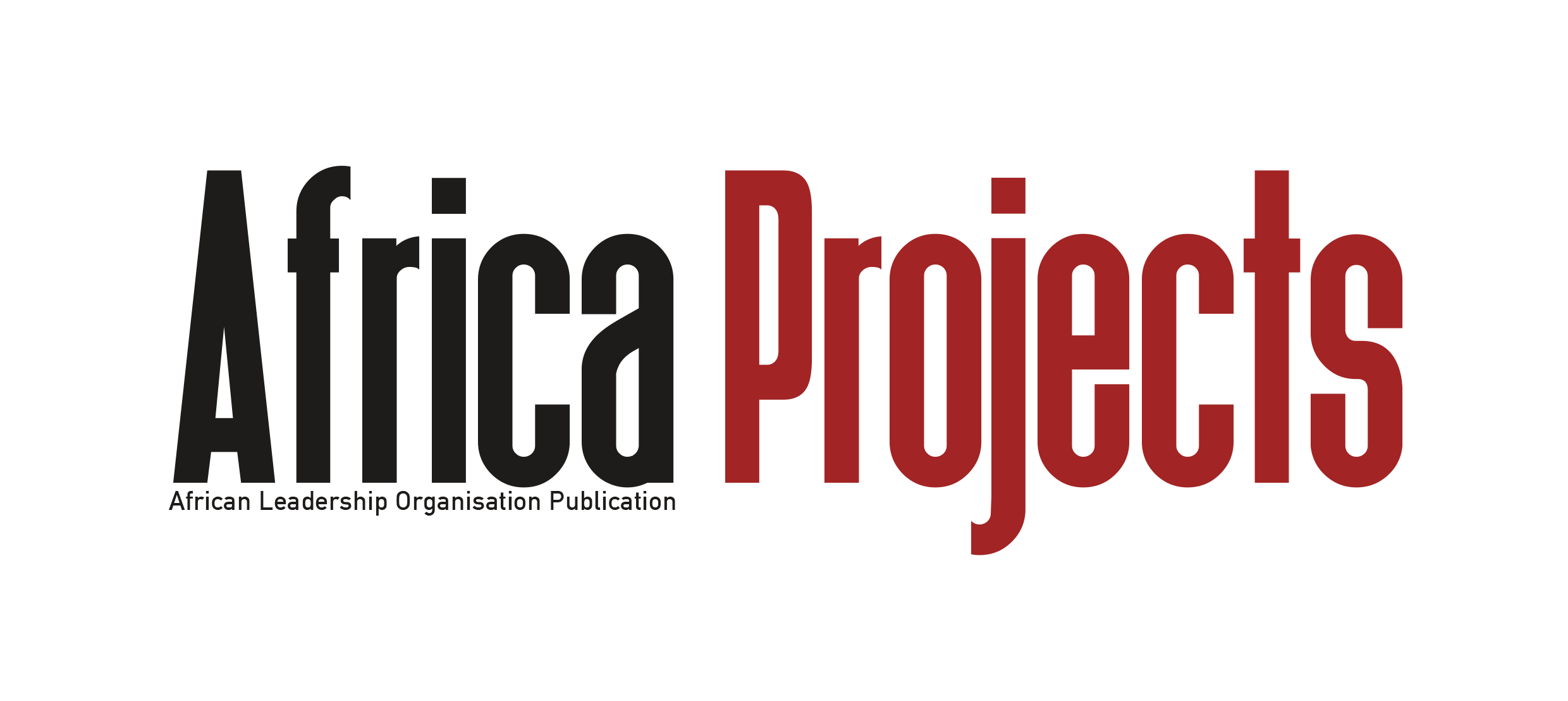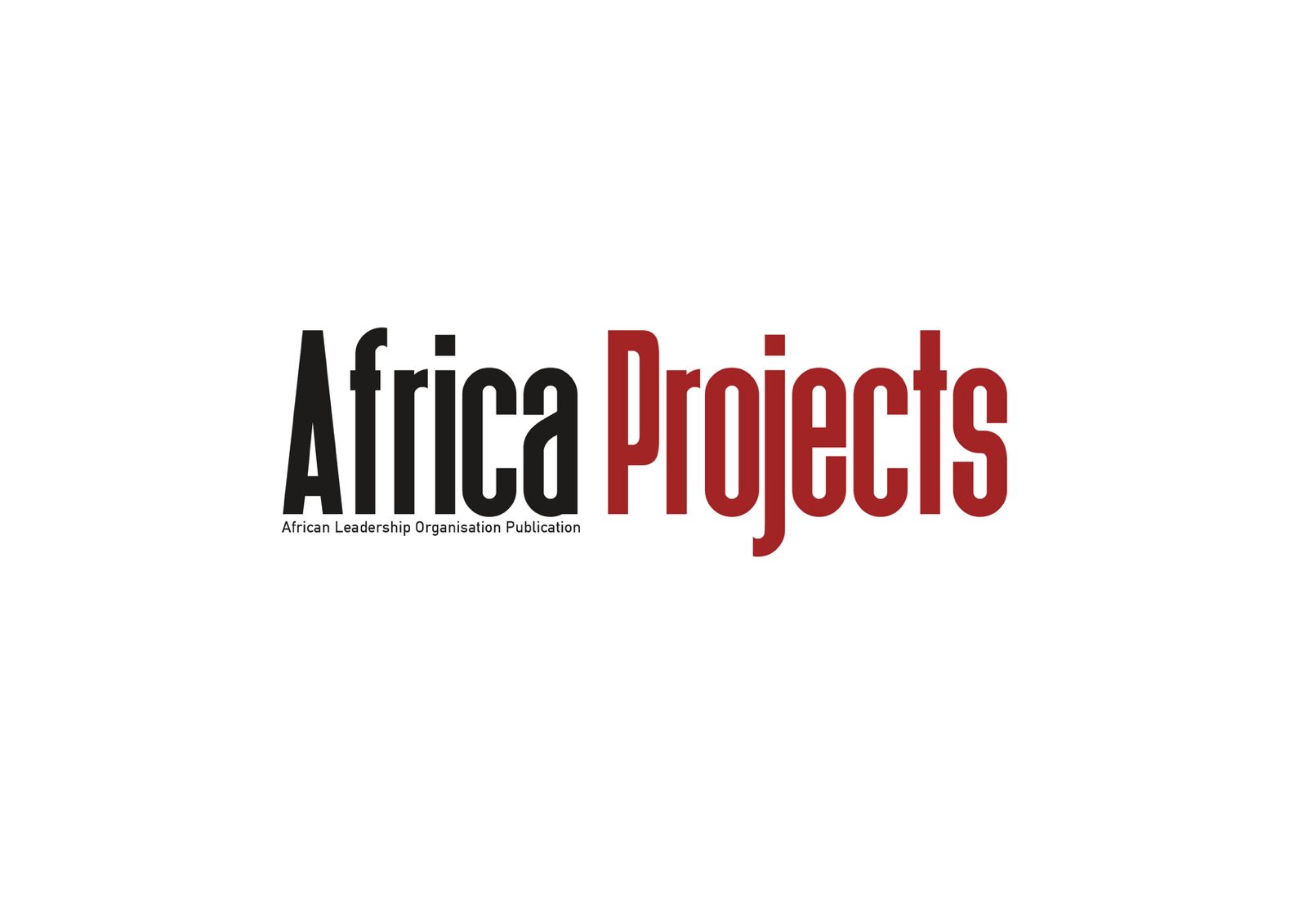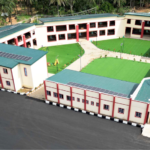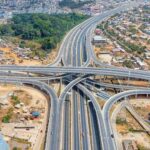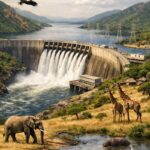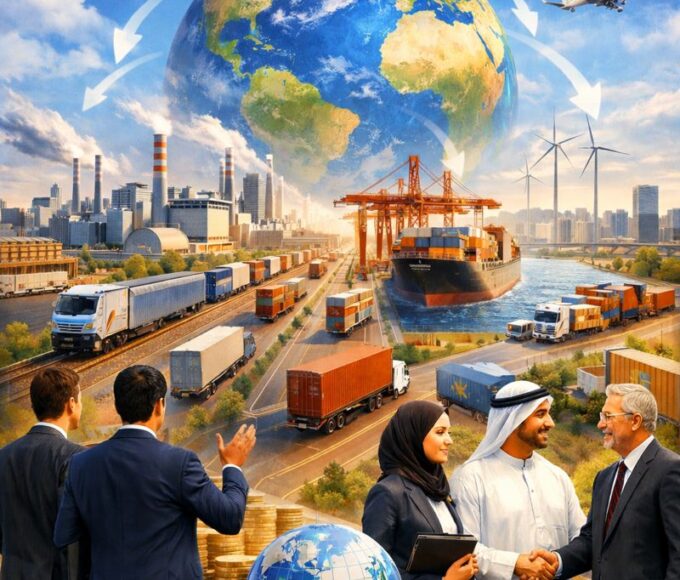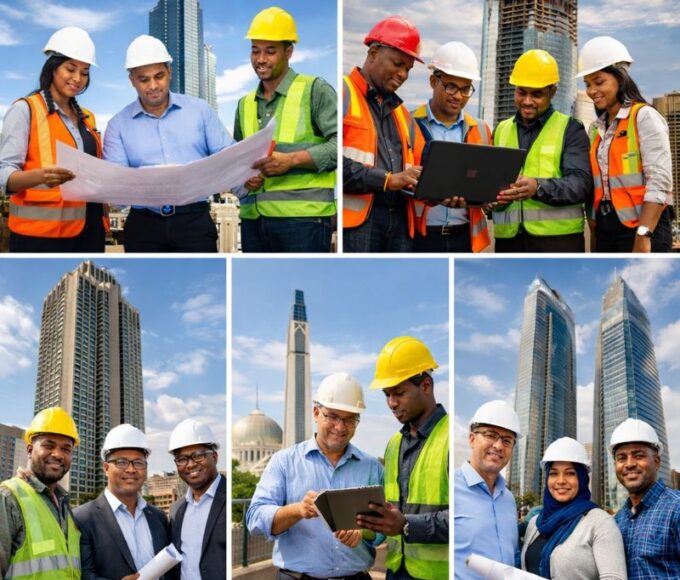- Home
- Features
- Startup Zone
- Projects
- Policies
- Shop
- Policies
- Projects
- Startup Zone
- Country Spotlight
- Analysis
- Tech
- Policies
- Projects
- Startup Zone
- Country Spotlight
- Analysis
- More
- Beyond the Kalashnikov: Africa’s Shift Toward Technology-Driven Warfare
- Afrail Express: Uniting a Continent on Rails
- AFRICA’S ENERGY CORRIDORS: CONNECTING POWER, PEOPLE, AND PROSPERITY
- Startup Lions Campus: Empowering Kenya’s Digital Generation
- L’Art de Vivre’s Le Paradis de Mahdia: Tunisia’s Model for Sustainable Luxury
- The Lobito Corridor: Rewiring Africa’s Trade Arteries Through Strategic Infrastructure
- AFRICA’S GREEN ENERGY TRANSITION: A BEACON OF HOPE FOR CLIMATE ACTION
- Dangote Refinery: Showcasing Africa’s Project Success Story
- AFRICA GREEN ECONOMY: ALL YOU NEED TO KNOW
- The Most Important Amicus Brief in the History of the World
- The Rise of Indigenous UAVs: Africa’s Drone Capabilities in Warfare and Surveillance
- AFRICA’S LARGEST OIL PRODUCERS: A COMPREHENSIVE OVERVIEW
- Beyond the Kalashnikov: Africa’s Shift Toward Technology-Driven Warfare
- Afrail Express: Uniting a Continent on Rails
- AFRICA’S ENERGY CORRIDORS: CONNECTING POWER, PEOPLE, AND PROSPERITY
- Startup Lions Campus: Empowering Kenya’s Digital Generation
- L’Art de Vivre’s Le Paradis de Mahdia: Tunisia’s Model for Sustainable Luxury
- The Lobito Corridor: Rewiring Africa’s Trade Arteries Through Strategic Infrastructure
- AFRICA’S GREEN ENERGY TRANSITION: A BEACON OF HOPE FOR CLIMATE ACTION
- Dangote Refinery: Showcasing Africa’s Project Success Story
- AFRICA GREEN ECONOMY: ALL YOU NEED TO KNOW
- The Most Important Amicus Brief in the History of the World
- The Rise of Indigenous UAVs: Africa’s Drone Capabilities in Warfare and Surveillance
- AFRICA’S LARGEST OIL PRODUCERS: A COMPREHENSIVE OVERVIEW
- Beyond the Kalashnikov: Africa’s Shift Toward Technology-Driven Warfare
- Afrail Express: Uniting a Continent on Rails
- AFRICA’S ENERGY CORRIDORS: CONNECTING POWER, PEOPLE, AND PROSPERITY
- Startup Lions Campus: Empowering Kenya’s Digital Generation
- L’Art de Vivre’s Le Paradis de Mahdia: Tunisia’s Model for Sustainable Luxury
- The Lobito Corridor: Rewiring Africa’s Trade Arteries Through Strategic Infrastructure
- Startup Zone
Top Insights
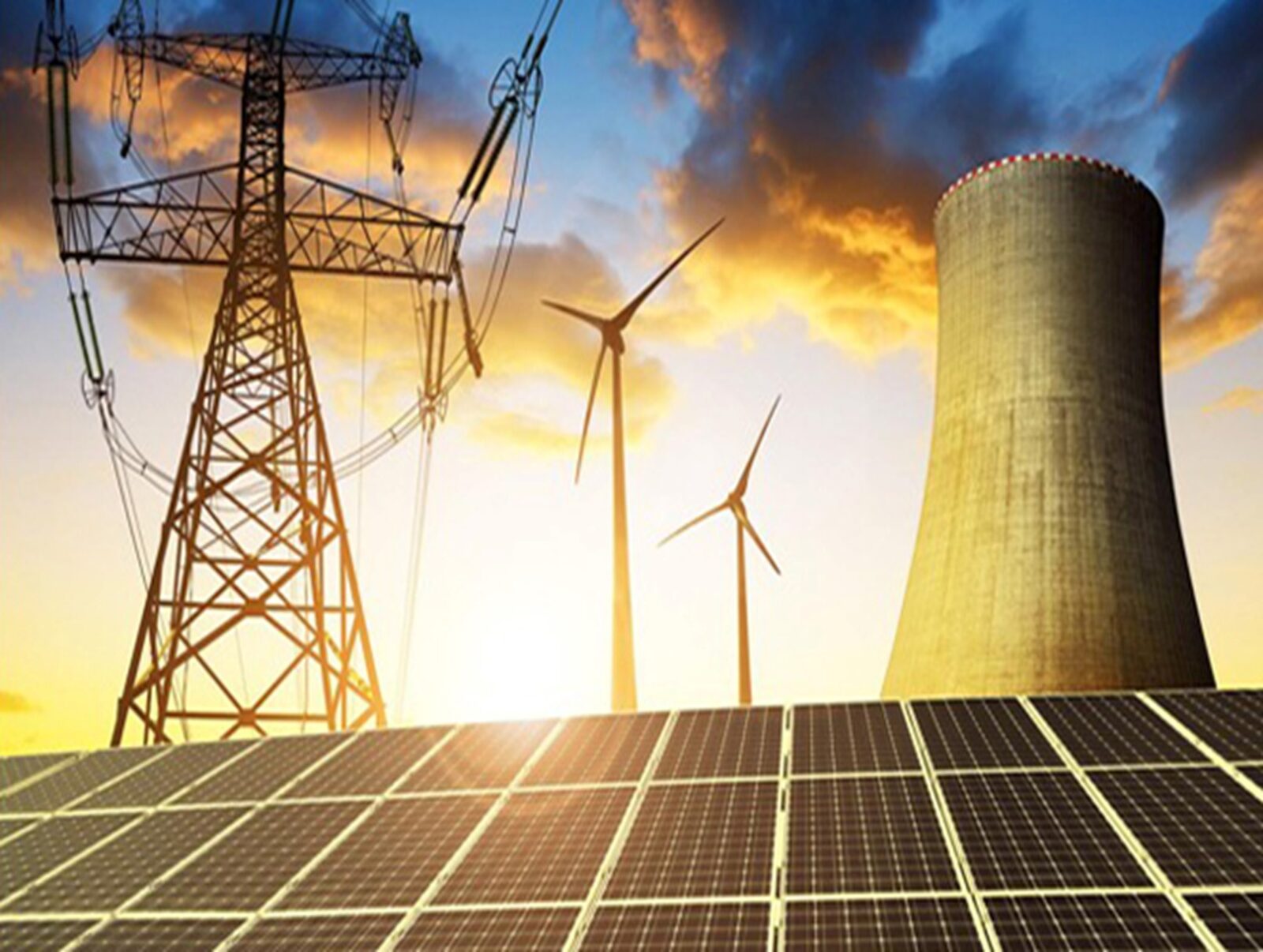
AFRICA’S ENERGY CORRIDORS: CONNECTING POWER, PEOPLE, AND PROSPERITY
Industrial power zones are areas designated for industrial development, with a focus on energy-intensive industries such as manufacturing and processing.
Africa is incubating some of the world’s fastest-growing economies, and the demand for energy is increasing rapidly on a consistent basis. To meet this demand and promote economic growth and development, African countries are investing in regional energy infrastructure, including cross-border transmission lines, pipelines, and industrial power zones. These energy corridors are critical to connecting power, people, and prosperity across the continent.
REGIONAL INTEGRATION
Regional integration is a key driver of economic growth and development in Africa. By connecting energy systems and infrastructure across borders, countries can share resources, reduce costs, and increase energy security. Regional integration can take many forms, including the creation of regional power pools, such as the Southern African Power Pool (SAPP) and the West African Power Pool (WAPP). These power pools enable countries to share electricity and reduce the need for redundant generation capacity, promoting economic development and energy security.
The benefits of regional integration are significant. By promoting energy security and reducing costs, countries can increase economic development and reduce poverty. Regional integration can also facilitate the growth of industries and businesses, creating jobs and opportunities for economic development. Additionally, regional integration can help to promote sustainable development by enabling countries to share best practices and technologies, such as renewable energy. By working together, African countries can unlock their potential and promote economic growth and development, creating a brighter future for the continent.
CROSS-BORDER TRANSMISSION LINES
Cross-border transmission lines are a critical component of Africa’s energy infrastructure, enabling countries to share electricity and reduce the need for redundant generation capacity. These lines can connect power grids across borders, allowing countries to import and export electricity as needed. This can help to promote energy security, reduce costs, and increase the overall efficiency of the power system. For example, the Southern African Power Pool (SAPP) is a regional electricity grid that connects 12 countries in southern Africa, enabling them to share electricity and promote economic development.
By enabling countries to share electricity, these lines can help to reduce the need for expensive and polluting fossil fuels, promoting a cleaner and more sustainable energy mix. Cross-border transmission lines can also help to increase energy security by providing a more reliable and resilient power system. Additionally, these lines can facilitate the integration of renewable energy sources, such as solar and wind power, into the grid, promoting a more sustainable and low-carbon energy future. By investing in cross-border transmission lines, African countries can promote economic development, reduce poverty, and increase energy security.
PIPELINES
Pipelines are another important component of Africa’s energy corridors. These pipelines can transport natural gas, oil, and other energy resources across borders, promoting economic development and energy security. For example, the West African Gas Pipeline (WAGP) transports natural gas from Nigeria to Ghana, Togo, and Benin, promoting economic development and reducing the need for expensive and polluting fossil fuels.
INDUSTRIAL POWER ZONES
Industrial power zones are areas designated for industrial development, with a focus on energy-intensive industries such as manufacturing and processing. These zones can be powered by renewable energy sources, such as solar or wind power, or by traditional fossil fuels. By concentrating industry in specific areas, countries can promote economic development, create jobs, and increase energy efficiency.
CONNECTING POWER, PEOPLE, AND PROSPERITY
Connecting power, people, and prosperity is at the heart of Africa’s energy corridors. By investing in regional energy infrastructure, countries can promote economic development, reduce poverty, and increase energy security. Energy corridors can facilitate the growth of industries and businesses, creating jobs and opportunities for economic development. By providing reliable and affordable energy, countries can also improve the quality of life for their citizens, enabling them to access basic services such as healthcare, education, and clean water.
connecting power, people, and prosperity have numerous advantages. By promoting economic development and reducing poverty, countries can increase their economic growth and improve the standard of living for their citizens. Energy corridors can also facilitate the growth of industries and businesses, creating jobs and opportunities for economic development. Additionally, by increasing energy security, countries can reduce their reliance on imported fuels, improving their balance of payments and reducing the impact of price volatility. By connecting power, people, and prosperity, African countries can unlock their potential and promote sustainable development, creating a brighter future for the continent.
Despite the many benefits of Africa’s energy corridors, there are also challenges to be addressed. One of the biggest challenges is financing, as many of these projects require significant investment. Additionally, there are technical and regulatory challenges to be overcome, such as ensuring the stability and reliability of the grid.
The Role of Renewable Energy
Renewable energy is playing an increasingly important role in Africa’s energy corridors. Countries are investing in solar, wind, and hydroelectric power, which can provide clean and reliable energy. Renewable energy can also reduce the continent’s reliance on fossil fuels, promoting energy security and reducing greenhouse gas emissions.
Economic Benefits
The economic benefits of Africa’s energy corridors are significant. By promoting energy security and reducing costs, countries can increase economic development and reduce poverty. Energy corridors can also facilitate the growth of industries and businesses, creating jobs and opportunities for economic development.
Indeed, Africa’s energy corridors are critical to connecting power, people, and prosperity across the continent. By investing in regional energy infrastructure, countries can promote economic development, reduce poverty, and increase energy security. As the continent continues to grow and develop, the importance of energy corridors will only continue to increase.
A bright future for Africa’s energy sector is possible, with the potential for significant economic growth and development. By investing in regional energy infrastructure and promoting renewable energy, countries can reduce their reliance on fossil fuels and promote sustainable development.
Leveraging Africa’s potential will require significant investment in energy infrastructure, as well as a commitment to regional integration and cooperation. By working together, African countries can promote economic development, reduce poverty, and increase energy security, creating a brighter future for the continent.
The Smart City Race: Which African Capitals Are Winning the Urban Future
In a separate but related development, African capitals are competing to become smart cities, with a focus on digital infrastructure and urban design. Cities like Kigali, Nairobi, Accra, and Lagos are investing in smart city initiatives, including digital infrastructure, data analytics, and urban planning. These initiatives are designed to promote economic development, improve the quality of life, and increase the efficiency of urban services. By leveraging technology and innovation, African cities can become more liveable, sustainable, and prosperous.

Review Overview
Summary
DGI Managing Director, Bem Garba.
The Pros
Colors Size StyleThe Cons
Expensive Duration quality- Design2
- Speed2.5
- Saving4.5
- Features3
Recent Posts
Related Articles
Cutting-Edge Environmental Conservation Projects and Their Champions
Environmental conservation has entered a decisive era. As climate change accelerates, biodiversity...
ByafricaprojectJanuary 28, 2026Clean Water Access Projects Improving Lives in Underserved Regions
Access to clean and reliable water remains one of Africa’s most pressing...
ByafricaprojectJanuary 19, 2026Industrial Corridors Attracting Global Investors
Across Africa, industrial corridors are emerging as strategic economic arteries driving industrialization,...
ByafricaprojectJanuary 16, 2026The Engineers Behind Africa’s Tallest and Most Iconic Towers
Across Africa, the rise of tall and iconic towers is reshaping skylines...
ByafricaprojectJanuary 15, 2026